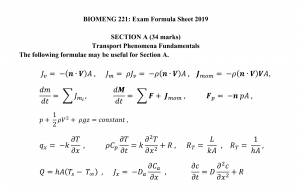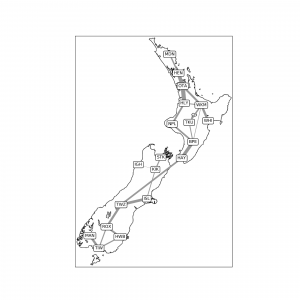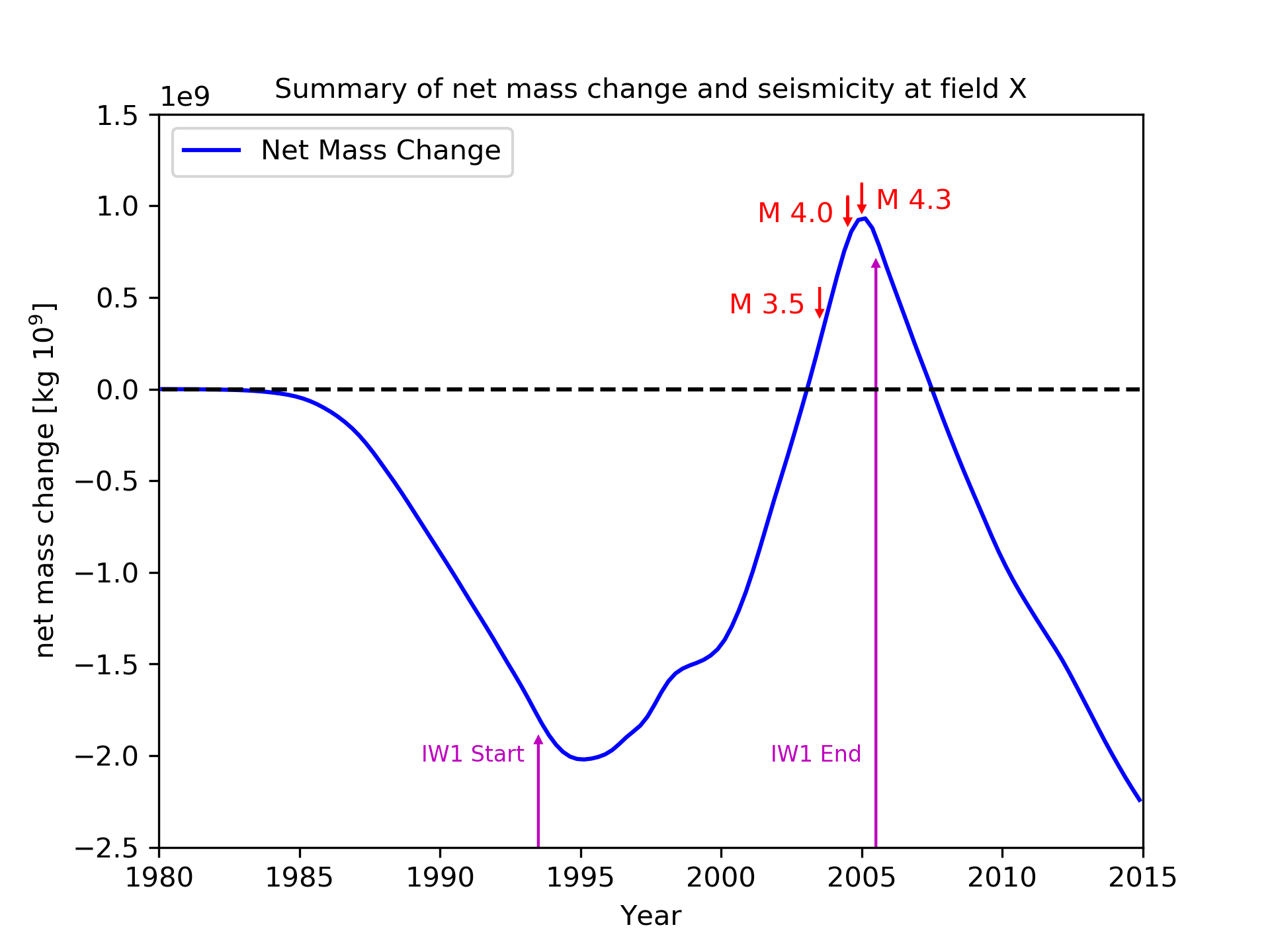As any honest person will tell you, the first few weeks of second year engineering are an uphill battle. Your workload is bigger and scarier than ever before, you’re reminded of all the relevant content from first year that fell out of your head over summer and, if you’re lucky, you might be experiencing what Hazim Namik has coined “the part 2 blues” (regret and uncertainty around your specialisation pick, or even doing engineering at all!). All I can say, is that things don’t get easier; you just get better at being a university student. But you’re not alone in this battle. Your peers are experiencing the same struggle and you can all be there to help each other.
One thing that has was interesting in semester one this year was seeing how friend groups reformed and evolved. Things are pretty different socially this year, especially if you’re fresh out of a first year hall like I was. It will take a bit more organisation and energy to properly socialise, chances are that a lot of your engineering mates are now flatting all over the city and are doing all different kinds of engineering. Do your best to reconnect with your friends from first year, non-engineers included. Also, get ready to make friends with people in your specialisation you missed the first time around; you’re in it for the long haul with these guys, so the quicker you can form bonds with them the better.
After all my research over summer, I am happy to say that EngSci isn’t too far from what I was expecting: numbers, programming and problem solving. I am only taking two EngSci specific papers this semester that focus on programming and mechanics of materials respectively. Both have their dry patches, mind-bending concepts and moments of hard work and immense satisfaction.
BIOMENG 221 – Mechanics of Engineered and Biological Materials
Who remembers stress and strain from CHEMMAT 121? What about mass balances from ENGGEN 140, or even bending moment diagrams from ENGGEN 121? Welcome to the course that bundles all of these aspects and many more into a variable notation nightmare!

This course gives you a firm grounding in the mechanics and behaviour of physical systems, especially useful for the computational engineering side of EngSci (see the Venn diagram in my previous post).
This course is peppered with plenty of small assignments and tests all worth very interesting proportions of your final grade. The final exam counts for 60% of your final grade, so the heat definitely gets put on in that respect. Despite the recent overhaul of this course’s content, the lecturers provide ample practice questions and are very good with clarifying what is expected in the exams and tests.
ENGSCI 233 Computational Techniques and Computer Systems

All those ENGGEN 131 weekly labs sure were fun! I’d love to do that kind of thing again, except this time with significantly more difficult, real-world, data-focused problems! This course promises to help you grow into a great coder and problem solver. You learn and do a little bit of everything: computer architecture, computer performance, working with data and quality control in programming, among other things.
The vast majority of coding in this course is done in Python language, which is fairly easy to pick up and understand, so you can focus more on the maths and problem solving approaches taught in this course. But this does not mean you won’t spend hours agaonising over why your code isn’t working, when the solution lies in the tiniest syntax error. It was definitely a challenging course, but it gave me a real ‘level-up’ feeling in terms of my coding abilities and general computer knowledge.
We also went on a field trip to Rotorua lol

For a few days near the very start of the semester, all the EngSci and Biomedical Engineering students were piled into some buses to go see some of our potential future employers. We saw presentations from the likes of Fonterra and Suez, telling us what kind of cool things they’re doing and how an EngSci graduate might fit into their workplace. Many of these presentations were given by actual UoA EngSci graduates themselves! We also got to tour around Fisher and Paykel Healthcare’s premises and spend a few days in Rotorua, visiting geothermal power plants, the Scion Research Institute and partaking in some light team building exercises 🏃♀️🍻
A closing remark for y’all
Something I am finding particularly interesting so far this year is the interconnected nature of course content and ideas. Most days I feel like I’m making new connections in what I’m learning. For example, I take MECHENG 201 as an elective this semester (I couldn’t help but see how the other half lives), and there is some overlap in the computer systems theory taught in ENGSCI 233. Asides from the benefit of being taught some content twice (reinforced ideas, unintentional revision etc.), it highlights the potential for all the cross-disciplinary ways in which we can apply what we’re learning.
